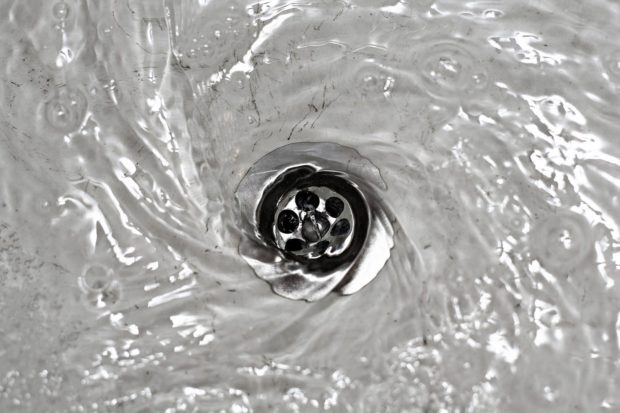Are Drain Cleaners Effective?
Clogged drains can be an expensive problem. If you are unable to fix them then you should call nwplumbinganddrainage.com.au as soon as possible. The longer you leave it, the more likely it is that you’ll end up with an overflow; potentially putting raw sewage in your home; that’s not a pleasant thought.
Clogged drains are generally fairly easy to fix, you can pull debris from the drain, or use a plunger to move a blockage with air pressure. It is even possible to run a slim pipe down the drain to find the blockage. It’s even possible to remove the U-bend, as this is where debris will often collect.


But, what if none of these tried and tested methods work? Do you resort to drain cleaners, or do you start taking your plumbing apart?
Drain cleaners are generally a cheaper solution than pulling your plumbing apart, making them a viable choice. However, it is worth noting that, while most homes have a connection to the main drains, some are connected to a septic tank. If this is the case you’ll need to be extra careful regarding what kind of drain cleaner you use; it must be septic tank friendly.
Types of Drain Cleaner
There are two main types of drain cleaner;
1. Enzymatic
An enzymatic drain cleaner has bacteria and enzymes in it. These are specifically chosen because they feed on organic material, like what is stuck in your drains.
You’ll need to pour the recommended dose down your drain and then wait. Because you are waiting for the enzymes, tiny little organisms, to do their work; you will need to wait for several hours before you can see if it is effective.
This is the friendliest solution for the environment and the drain cleaner that is suitable for septic tanks.
2. Chemical
If you’re on the mains drains, unconcerned about the environment, or in a rush, then a chemical drain cleaner may be the right solution for you.
There are actually 3 types of chemical cleaners:
- Caustic
This type of cleaner will have lye, or a similar substance, which adds electrons to the pipes. Thes react with any blockage to displace it.
- Oxidizing
You’ll find bleach, nitrates, and peroxides in an oxidizing cleaner. These work in the opposite way to the caustic cleaner; removing electrons from the blockage in the pipe. The principle is the same, less mass means that the blockage will be able to move.
- Acid
This type of drain cleaner generally uses hydrochloric acid or sulfuric acid. This literally eats through the clog; it does actually attract electrons in a similar way to the oxidizing cleaner, but it is generally more powerful. The downside is that it will release fumes while doing its work. These fumes can be toxic and the cleaner can cause burns.
Use plenty of ventilation and extreme care when using this type of drain cleaner.
Chemical drain cleaners are generally very fast acting, making them appear more effective than the enzymatic options. But both do work.